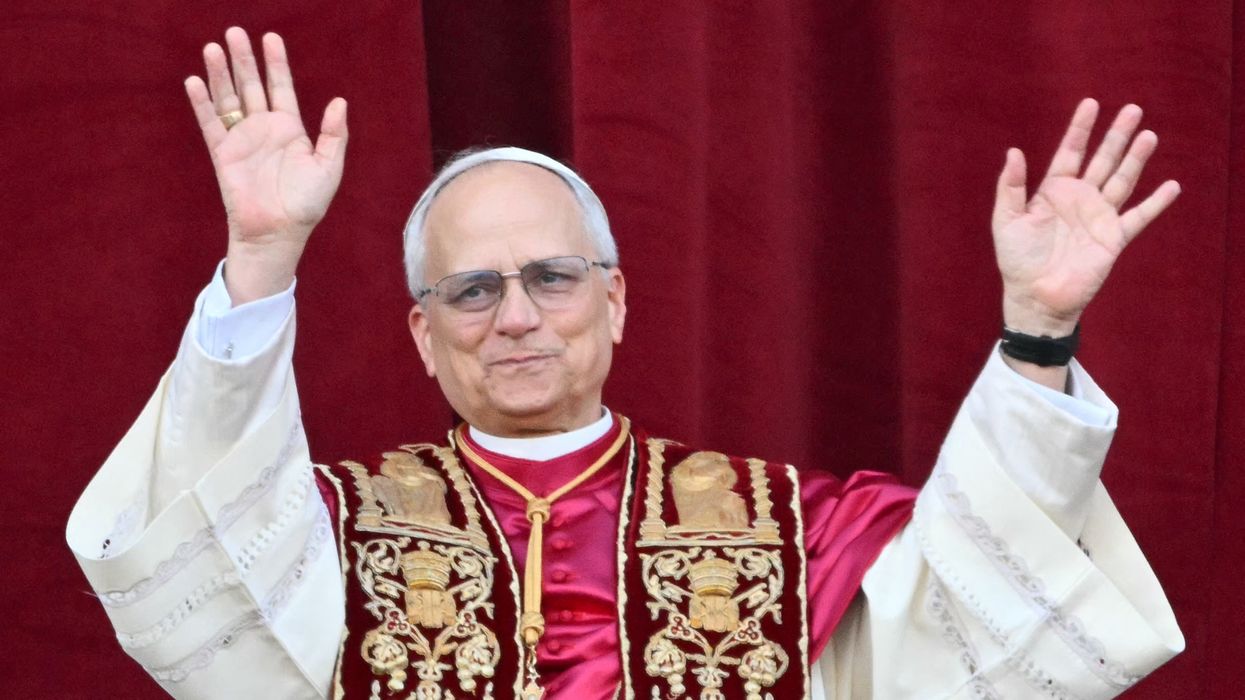INDIA is among the world's most protectionist countries but the US is trying to negotiate a limited trade deal with the South Asian nation to resolve their differences, US Secretary of Commerce Wilbur Ross said on Thursday (3).
The US and India have been locked in trade disputes for months that have led to tit-for-tat tariffs. Washington has been concerned about Indian policies that mandate foreign firms to store more data locally, restrict the way US e-commerce giants operate and impose price caps on medical devices.
"All that we are looking for is to level the playing field," Ross said in an interview on the sidelines of the India Economic Summit in New Delhi.
"The US is the least protectionist country of the major powers. India is, if not the most protectionist, certainly one of the most protectionist."
Citing lack of reciprocal market access, the US removed India earlier this year from the Generalized System of Preferences (GSP) programme that allowed duty-free entry for up to $5.6 billion worth of its annual exports to America.
New Delhi responded with higher retaliatory tariffs on 28 US products, including almonds, apples, and walnuts.
Ross said that the US does not believe India is eligible for the GSP, but the terms were being renegotiated and a resolution would be "a very good step towards free trade".
"GSP (reinstatement) could be called a limited trade deal," Ross said.
The two countries were expected to resolve their disputes and announce a deal during prime minister Narendra Modi's trip to the US last month.
Modi and the US president Donald Trump have enjoyed a warm personal rapport - the two leaders walked hand-in-hand at a recent event in Houston - but no trade deal was sealed as negotiators were trying to tie loose ends.
A deal between the world's most populous democracies would be a welcome victory for Trump, whose administration has made little headway negotiating an end to its prolonged trade war with China.
Ross will hold a one-on-one meeting with his Indian counterpart Piyush Goyal later on Thursday.
The US administration and companies say some of India's regulatory changes in recent years favour domestic firms over foreign ones, and have soured investment plans of American companies.
Ross expressed some of the US government's trade concerns, especially in the e-commerce sector, during a panel discussion where he shared the stage with Goyal.
In February, India's new investment rules for the e-commerce sector jolted Amazon.com Inc and Walmart's Flipkart as the companies were forced to change their business structures to continue to operate in the country.
The rules were aimed at protecting India's brick-and-mortar retailers by deterring big online retailers from giving steep discounts to lure shoppers.
Goyal defended India's decision, reiterating the government cannot let "small traders die" and that he had urged e-commerce companies to follow all the rules.
Ross said the rules had slowed expansion of Amazon and Walmart in India, calling it an "unfortunate consequence". He defended the e-commerce companies after Goyal's remarks.
"Amazon and the other e-commerce companies didn't get to be the world's biggest by any evil mechanism. They got there because they are extremely efficient," Ross said.
(Reuters)


















